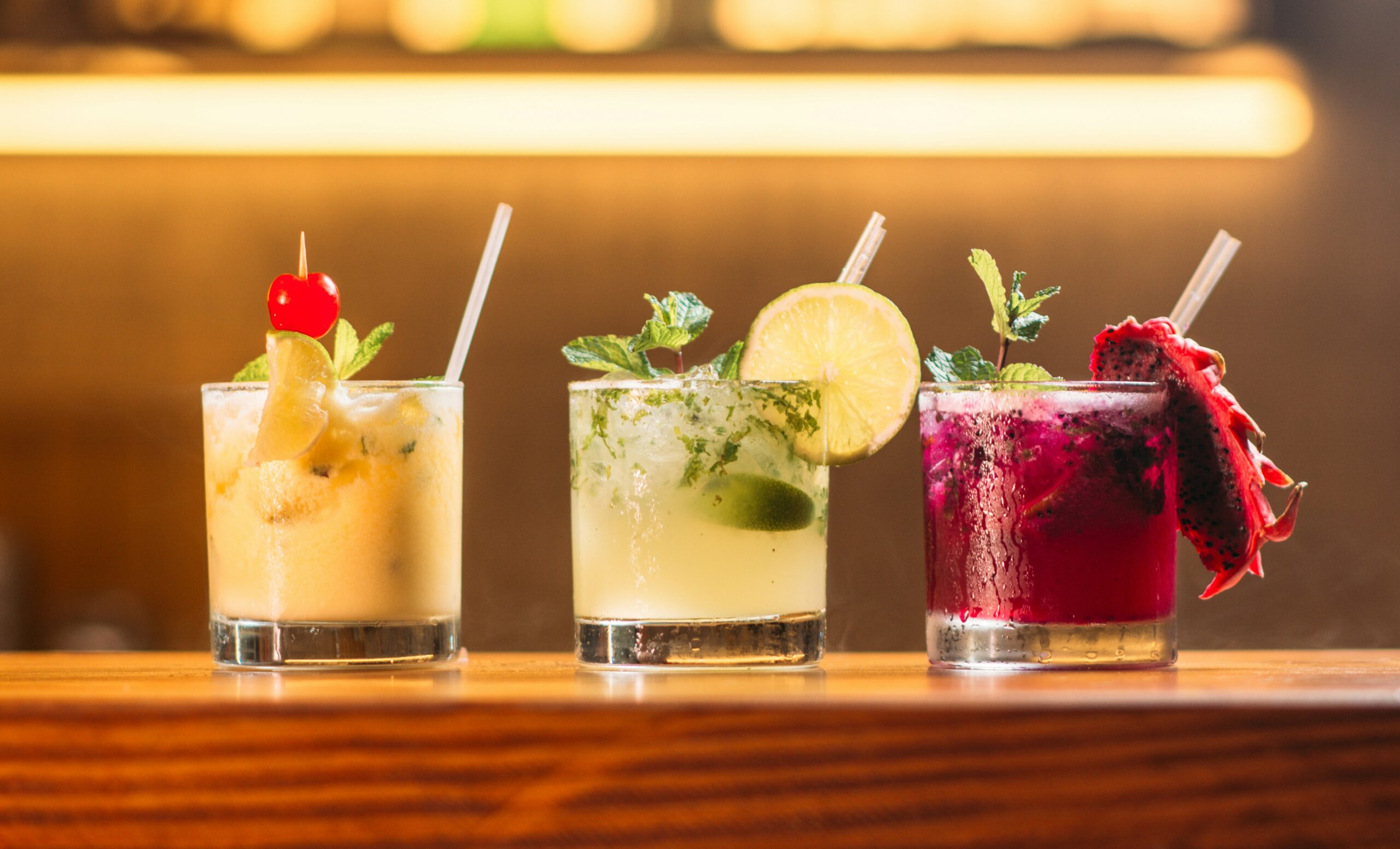
24 Jul Beverage Formulation to Co-Packing
Are you launching a new beverage product? Whether it’s a functional drink, ready-to-drink coffee, energy shot, or wellness beverage, turning your idea into a market-ready product involves more than just a good recipe. From beverage formulation to co-packing, understanding each stage ensures a smoother path to retail success.
In this guide, we walk you through the entire beverage development process, including formulation, testing, regulatory steps, and choosing the right co-packer—so you can scale your beverage brand with confidence.
What Is Beverage Formulation?
Beverage formulation is the science of turning your concept into a stable, great-tasting, and legally compliant drink. This step includes balancing flavor, texture, functional ingredients, and nutritional goals—all while making sure your formula can scale for commercial manufacturing.
Common Beverage Types:
-
Functional beverages (electrolyte, adaptogen, or vitamin-infused)
-
Protein and meal replacement drinks
-
Energy drinks
-
Cold brew and RTD teas
-
Juice blends and wellness shots
-
Non-carbonated or carbonated beverages
Key Formulation Factors:
-
Flavor development (sweeteners, acids, flavor masking)
-
Ingredient compatibility (settling, separation, foaming)
-
Nutritional goals (low-calorie, keto, high-protein)
-
Preservation method (hot-fill, cold-fill, preservatives)
-
Regulatory compliance (FDA 21 CFR, GRAS ingredients)
Working with an experienced food scientist or beverage formulation lab ensures your product meets both sensory and regulatory standards.
Shelf Stability & Testing Requirements
After formulation, your beverage needs to be tested to ensure safety, consistency, and shelf life. This is critical before you approach a beverage co-packing facility.
Common Tests Include:
-
pH and water activity (aW) – Determines microbial risk
-
Accelerated shelf-life testing – Estimates how long the product lasts under real-world conditions
-
Microbial testing – Ensures no harmful bacteria, yeast, or mold
-
Nutritional analysis – For creating a compliant Nutrition Facts Label
Do You Need a Process Authority?
If your beverage is shelf-stable or pasteurized, you may need a Process Authority Letter. This is often required by co-packers and is especially important for:
-
Acidified beverages (below pH 4.6)
-
Low-acid canned foods
-
Hot-fill products
A Process Authority evaluates your process to ensure it meets FDA food safety guidelines and files the necessary scheduled process documentation.
Choosing a Beverage Co-Packing Facility
Once your formula and compliance documents are in place, it’s time to choose a co-packer. This facility will manufacture, fill, label, and package your beverage at scale.
How to Choose the Right Co-Packer:
-
Packaging compatibility (glass, PET, aluminum, Tetra Pak)
-
Filling method (hot-fill, cold-fill, carbonated, aseptic)
-
Minimum order quantities (MOQs) that match your growth stage
-
Certifications (organic, kosher, SQF, FDA-registered)
What Co-Packers Need From You:
-
Final beverage formula
-
Co-packing-ready label and packaging specs
-
Process Authority Letter (if applicable)
-
Nutrition Facts Label
-
Proof of shelf stability and lab testing
💡 Tip: Start contacting co-packers early—many have long lead times or seasonal schedules.
The Final Step: Trial Run and Full Production
Before full-scale production, your co-packer may schedule a pilot run or line trial to fine-tune the process. This step ensures your formula behaves properly during large-batch mixing, filling, and sealing.
Watch For:
-
Ingredient separation or sediment
-
Flavor or color changes at scale
-
Capping and sealing issues
-
Label placement accuracy
Work with your food scientist or quality control team during this phase to ensure your product is ready for distribution.
From Idea to Bottle with Expert Support
Bringing a beverage to market requires coordination between product development, lab testing, regulatory documentation, and manufacturing. Partnering with experts in beverage formulation and co-packing readiness saves time, avoids costly errors, and helps you scale faster.
Need Help Formulating Your Beverage or Finding a Co-Packer?
At United Food Labs, we offer full-service beverage development, including:
-
Custom beverage formulation
-
Shelf stability and microbial testing
-
Nutrition Facts Labels
-
Process Authority referrals
-
Co-packing guidance
📩 Contact us today at info@unitedfoodlabs.com or visit www.unitedfoodlabs.com to get started.
